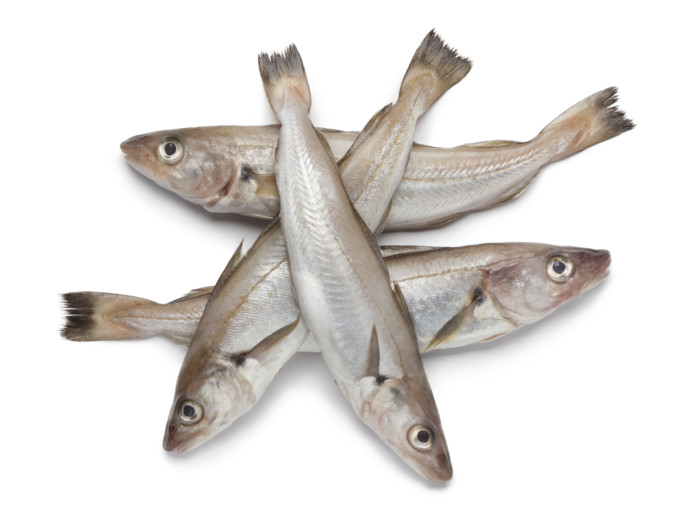Eating whiting fish is popular in many parts of the world, and there might also be a number of health benefits from this dish.
What is Whiting Fish?
Whiting fish is a popular type of seafood in certain parts of the Atlantic and Mediterranean and is scientifically known as Merlangius merlangus. A number of other common white fish are called whiting fish, although they aren’t technically from the same species. These fish are modest in size, reaching a maximum size of just over two feet, and has five fins and a long, thin body. In terms of taste, whiting fish is very similar to cod and has a light, lean texture that makes it quite versatile for cooking. These fish are generally considered safe, as they are low in mercury and tend to have minimal environmental toxins. [1]
Whiting Fish Nutrition
When it comes to nutrition, these fish are not extremely nutrient-dense, but they may provide a number of fats, including some omega-3 fatty acids, as well as good levels of protein (15 grams in a 3.5-ounce filet) and moderate amounts of calcium, potassium, vitamin B, magnesium, and phosphorus. That same size serving of this fish provides about 90 calories. There are no carbohydrates in this fish. [2]

Whiting is an under appreciated fish that, amongst many other uses makes a great alternative to cod in fish and chips. Photo Credit: Shutterstock
Whiting Fish Health Benefits
The top health benefits of whiting fish may include preventing heart ailments, soothing inflammation, reducing fatigue, lowering cholesterol, treating cramps, and improving eye and bone health among others.
May Help With Fatigue
There is a good amount of protein found in this fish, which may help generate energy for the body in a more efficient way than carbohydrates.
May Provide Relief From Inflammatory Bowel Disease
There may be a number of important minerals and nutrients in this fish that might help soothe inflammation, improve digestion and boost the function of the immune system, which can prevent symptoms of an inflammatory bowel disease. [3]
May Help Prevent/Treat Cramps
Some studies have found that consuming small amounts of this fish may reduce the discomfort of cramping for women who are menstruating or pregnant. Due to the low mercury level, this fish is considered safe for pregnant women.
May Improve Heart Health
This fish may be much lower in omega-3s than other oily fish, but it might also be low in calories and saturated fat, both of which can help keep your heart healthy. [4]
May Lower Cholesterol
There may not be many omega-3s in this fish, but the saturated fat content may also be low, and research has found that the good fats in this fish might help lower overall cholesterol levels. [5]
May Heighten Bone Strength
This fish might have an unusually high level of calcium, which may help contribute to bone mineral density, along with phosphorus. [6]
May Help With Skin Conditions
This fish might be known to reduce inflammation, which can soothe skin irritation and conditions like psoriasis and eczema.
May Provide Relieve From Joint Pain
The anti-inflammatory properties of whiting fish may help soothe joint pain and arthritis. [7]
May Aid In Mental Problems
Niacin, in whiting fish, may help reduce anxiety, as well a host of mental derangement problems. [8]
Whiting Fish vs Tilapia
While whiting fish and tilapia may look the same, there are a few key differences to understand before picking one for dinner.
- Tilapia may have a higher fat concentration than whiting fish.
- Whiting fish might be a higher source of cholesterol, sodium, and calcium.
- Tilapia is believed to have a softer consistency and a better taste, despite being nearly the same price.
Word of Caution: There are very few side effects associated with whiting fish, although pregnant women should always be cautious about their fish intake. Whiting fish is considered very low in mercury and is typically considered safe, even for pregnant women to consume.
That being said, it is important to know where your fish have come from and to only buy from trusted seafood vendors so you know that the environmental toxin levels will be low.
